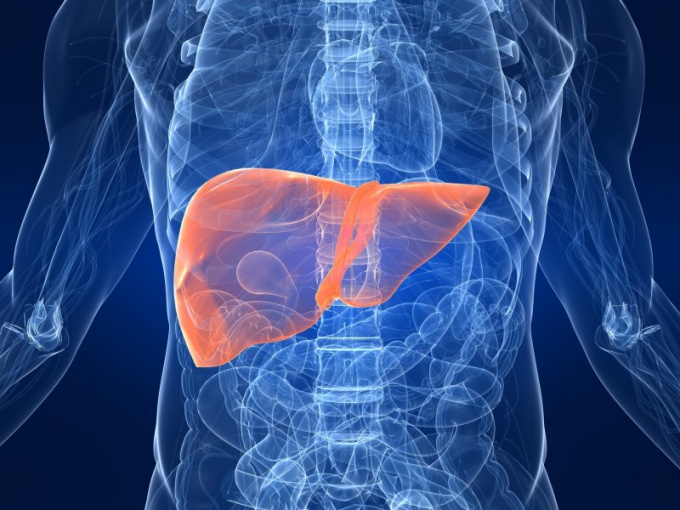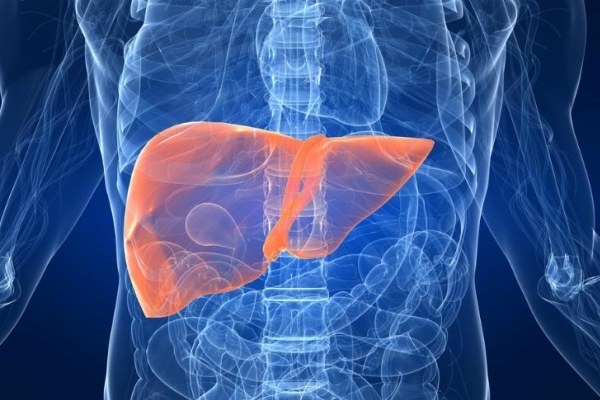What functions does the liver perform?
What functions does the liver perform?
The liver is a unique organ that performsset of functions. Without a liver, no one can exist. This body is very complicated. Artificial analogues of the liver, helping to support life to people with hepatic insufficiency, have not been created to this day.

Instructions
1
During intrauterine development, the liver produces red blood cells, then it loses this function. In adults, erythrocytes are produced in the bone marrow.
2
The liver takes a direct part in digestion. It produces and secretes bile, which is necessary for digestion of fats and stimulation of the intestine.
3
Another function is the regulation of glucose metabolism. With excess intake of sugar, the liver is able to store it for future use, synthesizing glycogen, and if necessary, a reverse reaction occurs. Of glycogen, glucose is formed, which is vital to the body. The liver is able to convert a number of substances (amino acids, fatty acids) into the same glucose. This is a very important function, because the human brain is fed exclusively by glucose. With a lack of the main energy substrate, the liver is able to create it from other substances.
4
The liver stores vitamins (A, D, E and B12), as well as a number of trace elements (iron, copper, cobalt).
5
Cholesterol production also occurs in the liver, andcholesterol is a part of every cell. Still from it, sex and steroid hormones are synthesized. Also in the liver, a number of hormones are destroyed, for example, sex hormones. We can say that the liver serves as a hormonal regulator.
6
The liver produces plasma proteinsblood, for example, albumin, globulins and a number of transport proteins. Without these proteins, human life is impossible. Plasma proteins carry a number of substances that can not dissolve in water. In addition, albumins support oncotic pressure. For example, if you remove all the proteins from the blood, it will all absorb into the surrounding tissue. There will be swelling, and the vessels will become empty, and the person will instantly die.
7
The liver takes a huge place in the blood clotting system. It produces a number of proteins (clotting factors), which are responsible for stopping bleeding.
8
Neutralization of harmful substances, toxins, poisons(ethanol, ammonia, phenol), allergens are another important function of this amazing organ. All the blood that flows from the intestines must be rendered harmless in the liver. Without this function, a person would die from poisoning after any meal.
9
When erythrocytes are destroyed, indirect bilirubin is formed. He is poison. The liver transfers indirect bilirubin to its safe form, and in the bile it leaves the body.
10
The liver is very well supplied with blood, therefore, with shock (blood loss), the liver vessels contract. A significant amount of additional blood enters the bloodstream, sometimes it saves a person's life.







